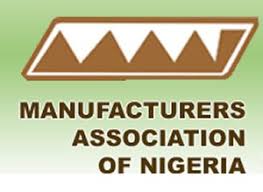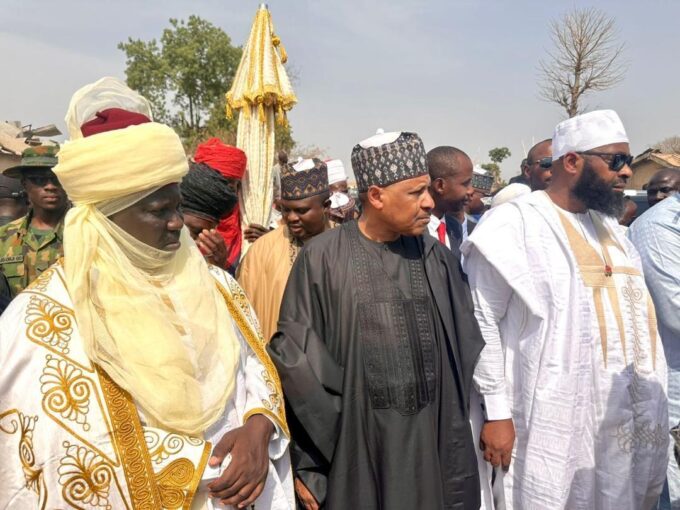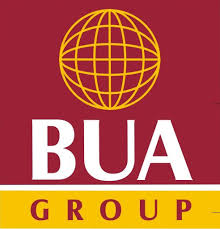The Manufacturers Association of Nigeria (MAN) has urged the Central Bank of Nigeria (CBN) to extend the implementation of the E-invoice and E-evaluator initiatives by 90 days to accommodate inputs of the stakeholders.
Mr Segun Ajayi-Kadir, Director-General, MAN, said this in a report obtained by the News Agency of Nigeria (NAN) on Sunday in Lagos.
NAN reports that the House of Representatives had already asked the CBN to suspend its implementation to allow for adequate sensitisation on the workability of the policy in all major ports of entry across the country.
Ajayi-Kadir said the call was pertinent particularly for those classes of manufacturers and businesses that would be negatively affected by the development.
He noted that the 11 days grace for implementation was rather hasty, as the circular on monetary or fiscal guidelines required adequate adjustment time.
Ajayi-Kadir noted that many operators would have opened Form M and concluded deals for international transactions; where a minimum of 90 days allowance of time was normally required.
“Straightaway, one must say that transactions already embarked upon before the commencement of the guidelines should be exempted and the commencement date should be extended by a minimum of 90 days,” he said.
Ajayi-Kadir added that the new regulation which stated that any Form M bearing a unit price in excess of 2.5 per cent of the verified global checkmate price would not be approved was a concern to manufacturers.
He said that it would check the opportunity of exporters to derive higher value for their exports.
“Besides, we are worried about the determination of global price verification mechanism and benchmark prices.
“What happens if some companies are able to negotiate better prices due to their scale of order and are able to get competitive lower prices? Will these competitive prices be within the benchmark?
“Clearly, this aspect of the policy will lead to several challenges on valuation down the line including a floodgate of valuation issues with Nigeria Customs Service (NCS),” he said.
Ajayi-Kadir also called for clarification on paragraph D of the guidelines; wherein the CBN directs that “the content of the electronic invoice authenticated by authorised dealer Bbnks is only advisory for the Nigeria Customs Service (NCS).”
“MAN considers CBN and NCS as agencies of the Federal Government, and hence should harmonise their functions in this regard.
“Otherwise, businesses and indeed our members will be subjected to paying unnecessary and additional FOB upliftment by the NCS.
“This is in addition to a situation that may arise where the CBN forces such importer or manufacturer to reduce its price if it is considered not in conformity with the benchmark pricing.
“In paragraph H, the CBN directs supplier and buyers to transmit their authenticated invoices through the CBN appointed service provider to the Nigeria single-window portal.
“While MAN considers this measure as a step to check perceived malpractices, we believed that the essence of single window policy is being diminished and this could introduce unnecessary bureaucracy with attendant multiple charges.














